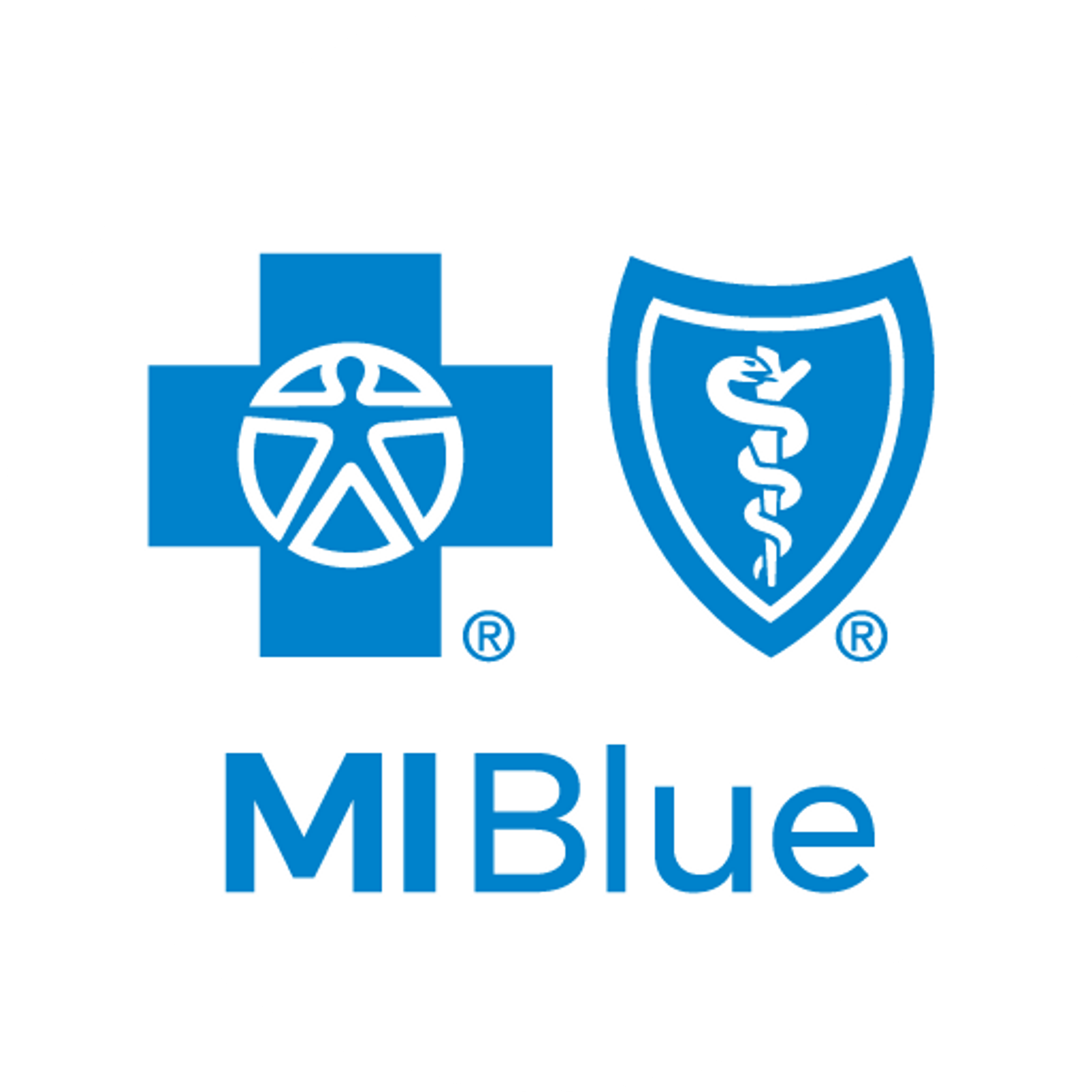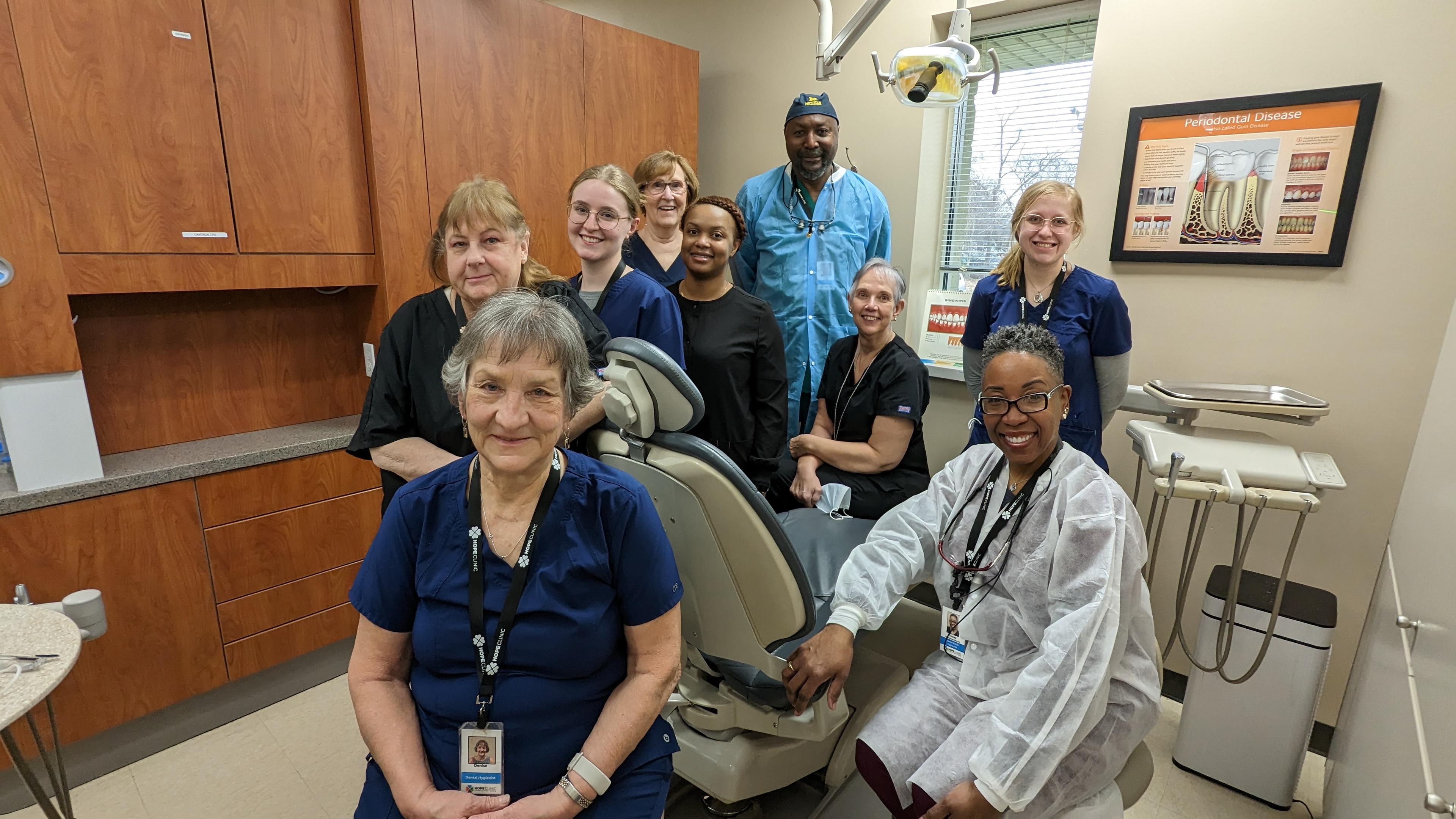RELEASE
Blue Cross Blue Shield of Michigan sees above average decrease in opioid prescriptions between 2013 and 2017, continues efforts addressing epidemic

Blues Perspectives
| 4 min read

DETROIT, July 17, 2018 – As Michigan’s largest health insurer with a strong social mission, Blue Cross Blue Shield of Michigan is committed to addressing the growing opioid epidemic. Through statewide partnerships with physicians, public health advocates and officials, Blue Cross has seen comprehensive results to-date. Between 2013 and 2017, Blue Cross Blue Shield of Michigan saw a 34 percent decrease in opioid prescriptions per 1,000 members, higher than the national average of 29 percent, according to the recently published Blue Cross Blue Shield Association (BCBSA) Health of America Opioids II Report. “Blue Cross Blue Shield of Michigan has been strategic in how we approach the serious opioid epidemic impacting our state, our members and their families,” said Daniel J. Loepp, president and chief executive officer of Blue Cross Blue Shield of Michigan. “It will take collaborative efforts to combat this very serious health issue and we’re eager to continue enhancing awareness and expanding access to resources and treatment for individuals and families across the state.” Nationally, BCBSA’s report showed the largest decrease in overall number of opioid prescriptions over the past two years. Additionally, the number of BCBS members who filled at least one opioid prescription is down by 25 percent since 2013. One of the initial ways Blue Cross Blue Shield of Michigan made the opioid epidemic a top priority was by creating an internal, cross-functional task force comprised of company representatives working to ensure a comprehensive and coordinated approach to tackling the issue. Blue Cross Blue Shield of Michigan clinical programs have produced encouraging results to-date. In the past three years, the number of members receiving the dangerous “Triple Threat” drug (a combination of opioids, benzodiazepines and carisoprodol) has decreased by 76 percent. Blue Cross Blue Shield of Michigan has been proactive in providing physicians information and resources, along with tips to safely manage pain paired with any available data related to opioid use. Within six months of working with doctors, Blue Cross saw a 51 percent reduction in Blue Cross members taking both opioid and benzodiazepine drugs. "The decrease in the number of opioids being utilized by our members can in part be attributed to the many programs Blue Cross Blue Shield of Michigan has implemented to help combat the opioid epidemic,” said Dr. Duane DiFranco, senior medical director at Blue Cross Blue Shield of Michigan. “From working with doctors to increase e-prescribing of controlled substances and identifying doctor shoppers to instituting quantity limits to help better protect our members, these efforts are helping decrease opioid misuse and abuse.” Though progress is being made to address opioid and prescription drug misuse, the BCBSA report shows more than 220,000 BCBS members were diagnosed with Opioid Use Disorder in 2017. Of those diagnosed, nearly 70 percent had no diagnosed pain condition two years preceding. Blue Cross Blue Shield of Michigan members have an Opioid Use Disorder diagnosis rate of 5.5 percent per every 1,000 members, slightly lower than the national average of 5.9 percent. Regardless of this percentage, Blue Cross Blue Shield of Michigan remains committed to addressing this ongoing epidemic and offering resources to individuals and families affected by addiction. Community partnerships have largely impacted Blue Cross Blue Shield of Michigan’s ability to combat this widespread concern. Earlier this year, nine community coalitions across the state received a total of $570,400 in funding through the Taking Action on Opioid and Prescription Drug Abuse in Michigan by Supporting Community Responses Initiative. The effort was a partnership between Blue Cross Blue Shield of Michigan, the Blue Cross Blue Shield of Michigan Foundation, Michigan Health Endowment Fund, Community Foundation for Southeast Michigan and the Superior Health Foundation. From education to law enforcement, the grants are empowering organizations to begin new projects and enhance or expand existing projects aimed at reducing opioid and prescription drug abuse in more than 30 counties in every region across the state. Blue Cross Blue Shield of Michigan and Blue Care Network are committed to removing the barriers to addiction treatment by providing access to medication-assisted treatment, which removes the need for prior authorization for most buprenorphine-based treatment regimens, including Suboxone®, Vivitrol® and methadone. Blue Cross Blue Shield of Michigan has worked with physicians to limit the quantity and day supply of addictive substances. As of February 2018, an initial fill of a prescription for one of these medications is limited to a five-day supply. Additional fills are limited to no more than a 30-day supply, excluding members with a cancer diagnosis or who are terminally ill. For more information on the BCBSA Health of America Opioid II Report, visit www.bcbs.com/healthofamerica. To find additional information related to Blue Cross Blue Shield of Michigan’s work addressing the opioid epidemic, visit the opioids 101 online resource page at www.mibluesperspectives.com/opioids101. Blue Cross Blue Shield of Michigan, a nonprofit mutual insurance company, is an independent licensee of the Blue Cross and Blue Shield Association. BCBSM provides and administers health benefits to more than 4.6 million members residing in Michigan in addition to employees of Michigan-headquartered companies who reside outside the state. For more company information, visit bcbsm.com and MIBluesPerspectives.com. Photo credit: Global Panorama





